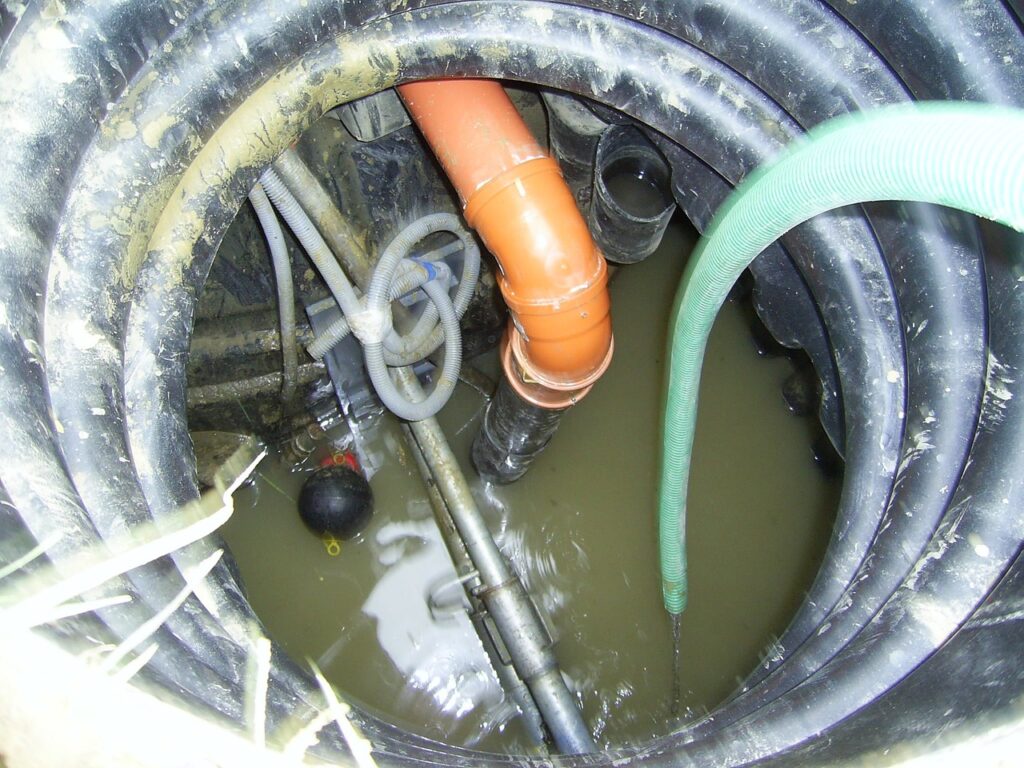If your home has a septic system, it’s easy to forget it’s even there—until something goes wrong. Unlike a city sewer system, your septic setup is all yours to care for, and neglecting it can lead to messy, expensive, and downright foul problems.
Fortunately, septic maintenance doesn’t have to be complicated. With a little care and attention, you can keep your system running smoothly for decades. Here are four essential tips to help you do just that.
- Pump It Regularly (Don’t Guess—Schedule It)
Think of your septic tank like a giant holding tank—it collects everything from your drains, breaks down waste, and eventually needs to be pumped out.
Why it matters: Over time, solids build up and can overflow into your drain field, clogging the system and causing backups into your home or yard.
Tip: Most tanks need to be pumped every 3–5 years, depending on household size and usage. Don’t wait for a problem—schedule regular service based on your tank’s capacity and your water use.
- Watch What You Flush (and Drain)
Your septic system is not a garbage disposal. Flushing or pouring the wrong things down your drains can throw off the balance of bacteria that breaks down waste—and cause clogs or damage.
Avoid flushing:
Wipes (even “flushable” ones)
Feminine products
Grease, oil, or fat
Harsh chemicals or antibacterial cleaners
Coffee grounds and food scraps
Tip: Stick to septic-safe toilet paper and use strainers in your sinks to catch food and hair.
- Conserve Water
Too much water all at once can overwhelm your septic system, especially if it’s already nearing capacity. Stretching out water use helps the tank work efficiently and reduces the chance of overflow.
Tip:
Space out laundry loads over the week
Fix leaky faucets and toilets
Install water-saving fixtures
Don’t run multiple large appliances (like dishwasher and washing machine) simultaneously
- Protect Your Drain Field
The drain field is where treated wastewater is absorbed into the ground—and it’s just as important as the tank itself.
Don’t:
Park cars or place heavy structures (like sheds or pools) on top of the drain field
Plant trees nearby—their roots can damage pipes
Cover the area with concrete or asphalt
Do:
Keep it clear of excess water runoff
Mark the area so it’s not accidentally damaged
Keep grass over the field—it’s the best surface to help the soil breathe
Final Thoughts
Septic systems may be out of sight, but they shouldn’t be out of mind. A little routine maintenance can prevent costly repairs, protect your property, and extend the life of your entire system. Treat it right, and your septic will do its job quietly and efficiently for years to come.



